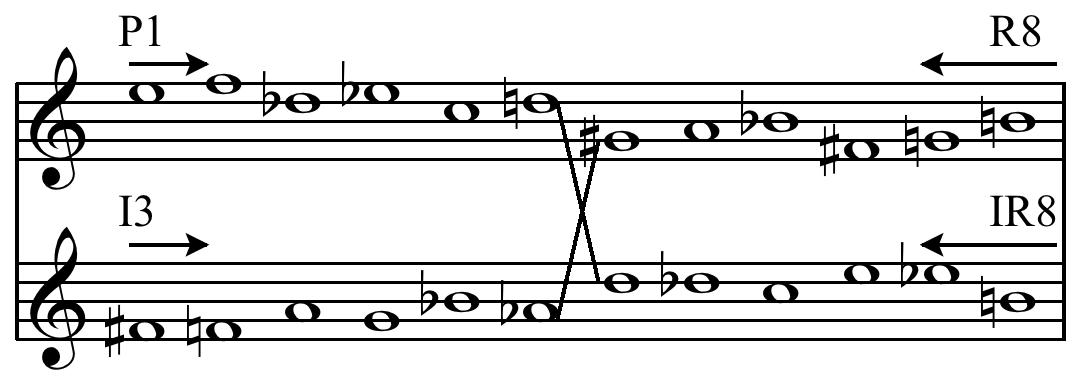Resistant dichotomic search

Write an efficient function bool resistant_search(double x, const vector<double>& v); that tells if x belongs to the vector v or not. Assume the vector v is almost sorted in nondecreasing order, in the sense that there may be at most a pair of indices i and j such that 0 \leq i < j < n and v[i] > v[j].
Hint
This is similar to Problem 2.12 from problem class P3. Use the fact that there is at most 1 inversion, i.e. a pair of indices i<j such that v[i]>v[j].
A possible solution
#include <iostream>
#include <vector>
using namespace std;
bool resistant_search(double x, const vector<double>& v, int left, int right){
if (left > right) // i.e. if v has <= 0 elements
return false;
if(left+1 >= right) // i.e. if v has <=2 elements
return x==v[left] or x==v[right];
int mid = (left + right)/2;
if (v[mid] > x)
return v[mid+1] == x or resistant_search (x, v, left , mid-1);
else if (v[mid] < x)
return v[mid-1] == x or resistant_search (x, v, mid+1, right);
else return true;
}
bool resistant_search(double x, const vector<double>& v){
return resistant_search (x, v, 0, v.size()-1);
}
int main() {
int n;
while (cin >> n) {
vector<double> V(n);
for(int i = 0; i < n; ++i) cin >> V[i];
int t;
cin >> t;
while (t--) {
double x;
cin >> x;
cout << resistant_search(x, V) << endl;
}
}
}